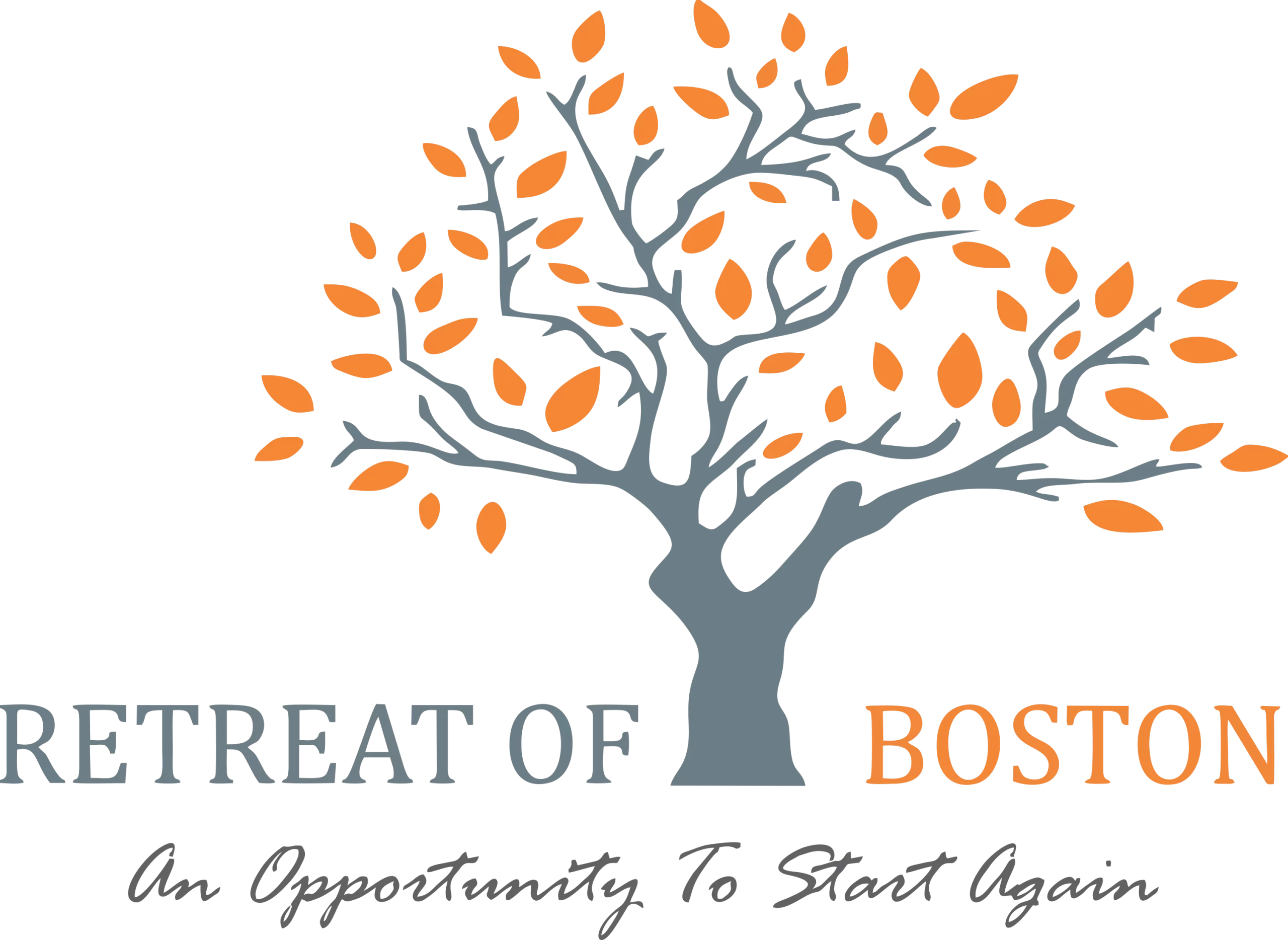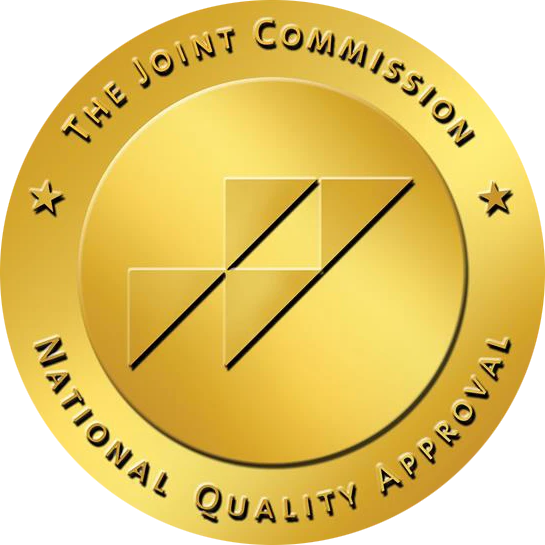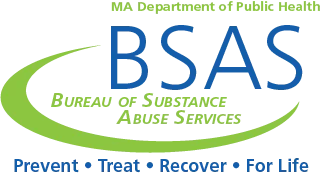Alcohol addiction is a pervasive issue affecting individuals and their families worldwide. Seeking help for alcohol addiction often starts with the detoxification process. Alcohol detox in Boston offers the first critical step towards recovery, helping individuals overcome physical dependence on alcohol while safely managing withdrawal symptoms. If you or someone you know is struggling with alcohol addiction, seeking help from qualified healthcare providers is the most effective way to begin the path to recovery. The journey to sobriety starts with the first courageous step toward detox and a healthier, addiction-free future.
Alcohol Misuse & Dependence
Alcohol misuse refers to a pattern of drinking that leads to negative health, social, or legal outcomes, often characterized by excessive consumption, binge drinking, or drinking despite adverse consequences. Dependence involves a physical and psychological reliance on alcohol, leading to withdrawal symptoms when alcohol is not consumed and a compulsive need to drink. Both conditions are forms of alcohol use disorder (AUD), a spectrum of behaviors ranging from mild to severe. AUD can have severe health implications, impact relationships, and lead to social and legal problems. Addressing alcohol misuse and dependence often requires a combination of medical, psychological, and social interventions to support individuals in achieving and maintaining sobriety and well-being.
Alcohol Withdrawal
Alcohol withdrawal is the physiological and psychological reaction that occurs when an individual with alcohol dependence or heavy alcohol use suddenly reduces or discontinues their drinking. It manifests as a range of symptoms that can vary in severity, from mild anxiety and irritability to more severe symptoms like seizures, hallucinations, and delirium tremens. The severity of withdrawal symptoms is often influenced by factors such as the duration and quantity of alcohol consumption, individual health, and genetic predisposition.
Recognizing and managing alcohol withdrawal is crucial to ensure the safety and well-being of individuals attempting to quit drinking, and it is typically best handled under medical supervision to prevent potentially dangerous complications. Alcohol detox in Boston can help manage withdrawal symptoms and offer a space and stable environment that promotes recovery.
How to Detox from Alcohol
To detox safely, it’s strongly recommended to seek professional help, as alcohol withdrawal can lead to severe symptoms, including potentially life-threatening complications. Detoxification typically involves a gradual reduction of alcohol intake, allowing the body to adjust to decreasing levels of alcohol. Once detox is complete, it’s crucial to continue treatment with counseling, therapy, and support groups to address the psychological and behavioral aspects of alcohol dependence, reducing the risk of relapse and supporting long-term sobriety. Alcohol detox in Boston offers medical supervision with qualified healthcare providers who will assess the individual’s overall health, provide medication when necessary to manage withdrawal symptoms, and offer emotional support.
Alcohol Withdrawal Symptoms
Alcohol withdrawal symptoms can vary in severity, depending on factors like the duration and quantity of alcohol consumption, individual health, and genetic predisposition. Some common alcohol withdrawal symptoms include:
- Anxiety
- Fatigue
- Nausea
- Tremors
- Headaches
- Insomnia
- Increased Heart Rate
- Loss of Appetite
- Mood Swings
- Hallucinations
- Seizures
- Delirium Tremens (DTs)
It’s important to note that alcohol withdrawal symptoms can vary widely from person to person, and not everyone will experience the same set of symptoms. Alcohol detox in Boston offers medical supervision and professional guidance that is essential for a safe and effective withdrawal process.
Why is Alcohol Detox Important?
When someone with alcohol dependence abruptly stops drinking, they are at risk of experiencing potentially severe withdrawal symptoms, which can range from discomfort to life-threatening complications. Detoxification under professional medical supervision ensures the safe management of these withdrawal symptoms. It safeguards the individual’s physical and mental well-being and also provides a crucial foundation for the journey to recovery. Detox paves the way for ongoing addiction treatment and recovery efforts in a controlled and supportive environment, including therapy, counseling, and support groups. Alcohol detox in Boston offers this safe and supportive environment, playing a role in breaking the cycle of dependence and setting the stage for a healthier, alcohol-free future.
Alcohol Detox Timeline
A general timeline for alcohol detox typically includes the following stages:
- Early withdrawal symptoms may begin within 6-12 hours after the last alcoholic drink. These symptoms often include anxiety, irritability, sweating, and restlessness.
- After 24-48 hours, as the body processes the alcohol out of the system, symptoms may intensify. Individuals might experience increased heart rate, high blood pressure, tremors, and gastrointestinal distress, such as nausea and vomiting.
- The most severe symptoms, such as hallucinations and seizures, are more likely to occur within the 48-72 hour time frame. This stage is often considered the peak of alcohol withdrawal.
- Symptoms typically subside within 5 to 7 days. However, some individuals may continue to experience milder symptoms like mood swings, sleep disturbances, and fatigue.
- Most physical withdrawal symptoms resolve by the end of the second week. Psychological symptoms, such as anxiety and depression, might persist and require ongoing treatment.

Treatment Options for Alcohol Withdrawal
Several medications are commonly used for alcohol withdrawal to manage symptoms and prevent complications during the detoxification process. Benzodiazepines, such as diazepam (Valium), lorazepam (Ativan), and chlordiazepoxide (Librium), are commonly prescribed to alleviate anxiety, tremors, and seizures, making them essential for the treatment of alcohol withdrawal. Antipsychotic medications like haloperidol can help manage hallucinations and severe agitation. Anticonvulsants may also be used to prevent seizures. These medications, when administered under medical supervision, provide a critical safety net for individuals undergoing alcohol detox, reducing the risk of life-threatening complications and ensuring a smoother transition toward recovery.
What Happens After Alcohol Detox in Boston?
After alcohol detox, the next phase of care is critical. Detox stabilizes the body, but it does not address the patterns, stressors, or underlying factors that contribute to alcohol use. For many individuals, transitioning directly into residential treatment provides the structure and clinical support needed to protect early progress.
Residential care offers a safe, supportive environment where individuals can focus fully on recovery without outside pressures. Daily therapy, clinical oversight, and routine help address the emotional and behavioral components of alcohol dependence while the brain and nervous system continue to stabilize after withdrawal.
This level of care also supports relapse prevention during one of the most vulnerable periods of recovery. With consistent guidance, peer support, and individualized treatment planning, residential treatment helps individuals build coping skills, restore stability, and establish a foundation for long-term sobriety. Continuing care after detox is often what determines whether recovery continues forward or begins to slip.
Finding an Alcohol Detox in Boston
Finding the right alcohol detox in Boston is an important first step when alcohol use has become difficult to stop safely. Medical detox provides supervised withdrawal support while the body stabilizes, helping reduce risk and discomfort during early recovery.
At Retreat of Boston, alcohol detox is guided by clinical oversight and compassionate care. Our team focuses on safety, monitoring, and stabilization while also helping individuals prepare for what comes next. Detox is not a standalone solution, but it plays a critical role in creating a safe transition into ongoing treatment.
If you or someone you care about may need alcohol detox, reaching out early can help clarify options and reduce uncertainty. Our admissions team is available to answer questions, explain the process, and help determine whether medical detox is the appropriate starting point.




